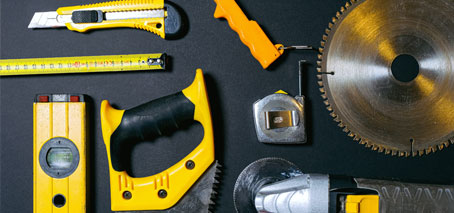At FLEET, we have put significant work into helping scientists develop communication skills (see the case study) and over FLEET’s seven year tenure we published many stories written by FLEET researchers.
In most cases, these are stories aimed at a more technical audience, for example published on platforms such as Phys.org, or Materials Australia magazine. While such articles are certainly not the only valuable output for communications (don’t panic, sci-comms people!), for researchers they have some significant advantages:
- They are an almost guaranteed publisher – if you have a new peer-reviewed paper, and you’ve written a decent article about it, it’ll be published
- You’re not dependent on persuading a journalist that this will get people interested (and in condensed-matter physics, that’s a tough gig),
- And you’re not dependent on persuading your Faculty comms team that this will get future students interested (ditto)
- On platforms such as Phys.org, the articles stay online. FLEET’s most-read article on Phys.org has been read 30,000 times. A newspaper or TV mention is great, but next year, it’s gone.
- In speaking to a relatively technical audience, the article can go into sufficient scientific depth to be useful for potential future collaborators or investments.
- They give early-career researchers experience writing articles, making them ‘self sufficient’ communicators.
At FLEET, we published around 80 stories written by FLEET folk instead of by ‘the comms guy’. Those researchers are now self-sufficient communicators. At FLEET, we called this mission ‘making the comms guy redundant’ (but don’t panic sci-comms people – there’s still plenty of work for you to do). In addition to building vital transferable skills and communicating great science, some of these ‘technical’ articles also resulted in contacts by collaborators and investors.
FLEET also ran ‘how to do DIY comms’ training sessions for members and affiliates, and has published useful resources for any scientist wanting to use them.
Some recent examples of those stories written by FLEET peeps, and just a few of the places they ended up being published, include:
- New approach to magnetic topological insulators, written by Zhao Liu and Nikhil Medhekar, published at Phys.org, Spintronics Info
- Ultra-high spectral purity revealed in exciton-polariton laser, written by Eliezer Estrecho
- Overcoming magnetic disorder, written by Qile Li and Mark Edmonds, published at Phys.org
- Scanbot: Streamlining materials research with STM automation, written by Julian Ceddia, published at Phys.org, Nanotechnology World Assoc
- Destroying the superconductivity in a kagome metal, written by Guolin Zheng and Cheng Tan, published at Nanotechnology Now, Chinese Academy of Sciences, Phys.org, Science Daily
- Solving quantum mysteries in 2D semiconductors, written by Brendan Mulkerin and Jesper Levinsen, published at AZO Materials, AZO Nano, Nanotechnology World Association, Materials Australia magazine
- A planet in the palm of your hand, written by Caiden Parker, published at Phys.org, Nanotecnologia
- When does a conductor not conduct? Written by Benjamin Lowe and Agustin Schiffrin, published at Technology Networks, Electronics Online, Science Daily, Nanotechnology World Association, Nanowerk, Phys.org, Supercomputing Online, Semiconductor Engineering
- Listening to nanoscale earthquakes, written by Cam Phu Nguyen and Jan Seidel, published at Australian Manufacturing, Physics World, UNSW, AZO Materials, Materials Australia
- Dark excitons shed new light on matter, written by Kenneth Choo, published at Phys.org, Nanowerk, Lets Talk Materials
- Data storage with ferroelectricity, written by Jan Seidel, Dawei Zhang, and Pankaj Sharma, published at Materials Australia
- Topological gardening to achieve unexpected spin transport, written by Yuefeng Yin, published at Science Daily, Nanowerk, AZO Nano
- Examining the superconducting diode effect, written by Muhammad Nadeem, published at Science Daily, Phys.org, Nanowerk
See all FLEET member-written comms pieces 2017-2024 here.

